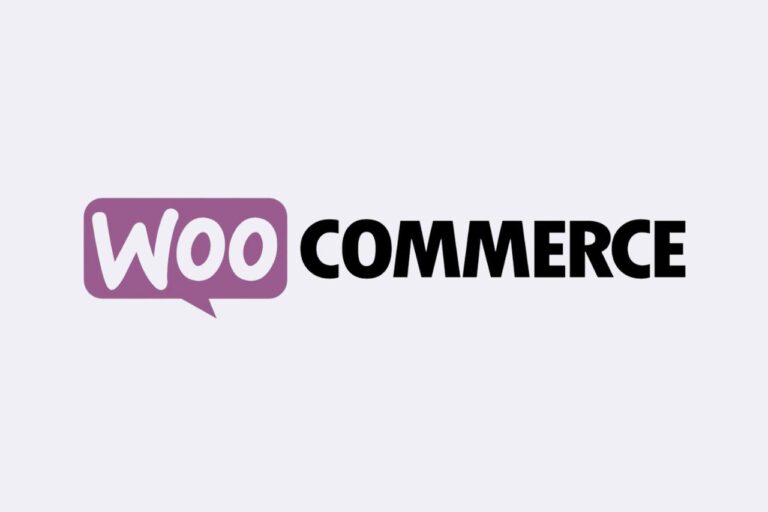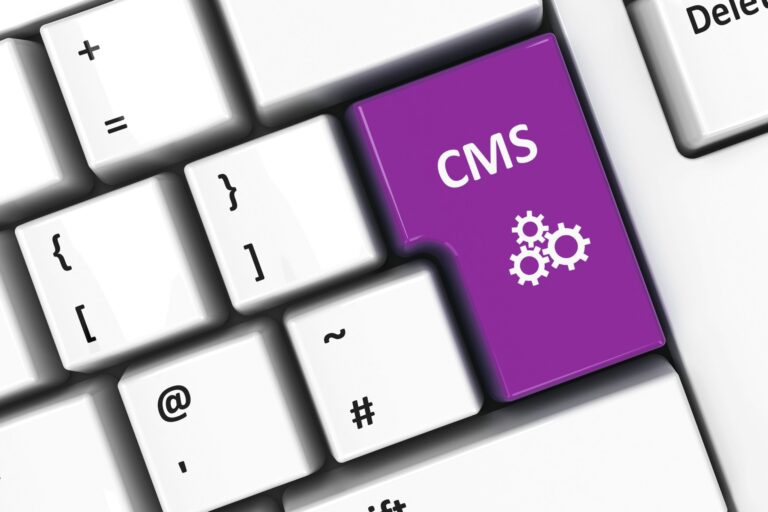Integrating WordPress with other CMS and Platforms: Techniques and Challenges
WordPress is the most popular content management system (CMS) used to create and maintain websites. However, in some cases, it may be necessary to integrate WordPress with other CMS or platforms to achieve certain functionality or greater flexibility. In this article, we will look at the main techniques and challenges involved in integrating WordPress with other CMS and platforms.
I. Types of integrations
1. Integration with social media
Incorporating social media like Facebook, Twitter, Instagram, and more into your WordPress sites can increase visitor engagement and generate more traffic.
2. Integration with e-commerce platforms
Many companies use e-commerce platforms such as Shopify, Magento or WooCommerce to manage their online stores. The integration of these platforms with WordPress can contribute to improve the functionality of websites and facilitate the management of online stores.
3. Integration with CRM systems
CRM systems, such as Salesforce and HubSpot, are an indispensable tool for managing customer relationships. Integrating these systems with WordPress can help companies effectively communicate with customers and analyze data from various sources.
II. Integration techniques
1. Using the API
The main technique for integrating WordPress with other CMS and platforms is through the use of APIs (Application Programming Interfaces). An API allows different systems to communicate with each other and exchange data. WordPress provides a REST API that makes it easy for developers to integrate external systems and platforms with WordPress sites.
2. Use of Plugins
In WordPress, there are numerous plugins that offer ready solutions for integration with different CMS and platforms. These plugins can ease the integration process and save developers time. It is important to choose plugins with a good reputation, active support and excellent user reviews.
3. Create custom solutions
In some cases, out-of-the-box plugins and APIs may not be sufficient to achieve the desired functionality. In such situations, developers can create custom solutions to meet specific project requirements.
III. Integration challenges
1. Compatibility
One of the biggest challenges in integrating WordPress with other CMS and platforms is ensuring compatibility between different systems. Developers must test integration solutions and ensure that all functions work correctly.
2. Security
Security is another important aspect of WordPress integration with other systems. Developers should be aware of the potential risks and take the necessary measures to protect users' data and privacy.
3. Maintenance and Updates
When integrating WordPress with other CMS and platforms, it is important to ensure that the integration solutions are kept up-to-date and compatible with the latest software versions. Developers should monitor for system updates and adapt integration solutions as needed.
Integrating WordPress with other CMS and platforms can offer numerous benefits, such as increased functionality, flexibility and efficient resource management. Despite challenges such as compatibility, security and support, the proper use of integration techniques such as using APIs, plugins and custom solutions can ensure a successful and smooth integration between WordPress and other CMS or platforms.
With the right approach and commitment to continuous research and learning, developers can overcome challenges and achieve effective integration to facilitate and improve websites and online stores. It is important to invest time and effort in analyzing the project requirements, choosing the appropriate integration solutions and testing the systems to achieve an optimal result.







